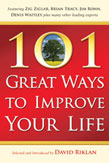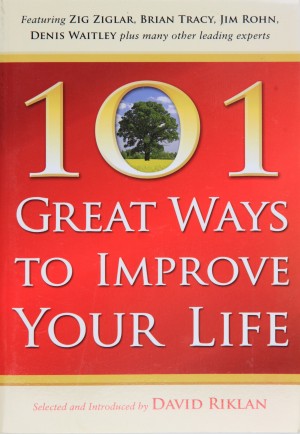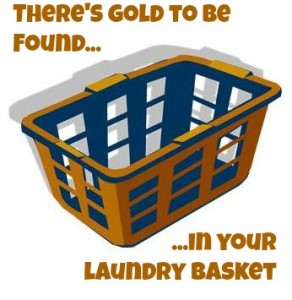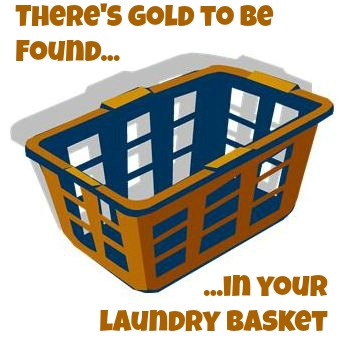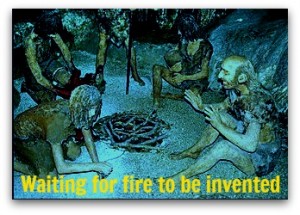If a happiness poem could bring forth a smile, Then my face would always dress in style.
Everybody loves happiness. And everybody loves poems. OK, but some people love poems. Today, we combine the two in a short happiness poem to help inspire those readers who do love poems.
If a happiness poem could bring forth a smile,
Then my face would always dress in style.If my ears could hear my computer screen,
From one to another, they, too, would grin.My keyboard types for my eyes not my tongue
This happiness poem will never be sung.But what of my eyes? Don’t they shine?
Yes, but not from this poem of mine.The pen is mightier than the sword,
But a pen can write only words.The feelings I sense and the senses I feel
For keyboard and screen remain far too real.My ears and my nose remain at rest.
My cheeks and hairline are doing their best.But if this happiness poem could make my mouth smile,
My face would forever dress up in style.
Your face can dress up in style, too. All it needs is a smile. Put away the blush and the lipstick and the mascara and the liner. The only makeup that will dress your face in style is a smile. For without a smile, all the other forms of makeup are just…paint.
Here is another happiness poem of sorts.
11ce1cccb1b5c5e6bba0fcf55588c3f026be291d190efb4fc8





